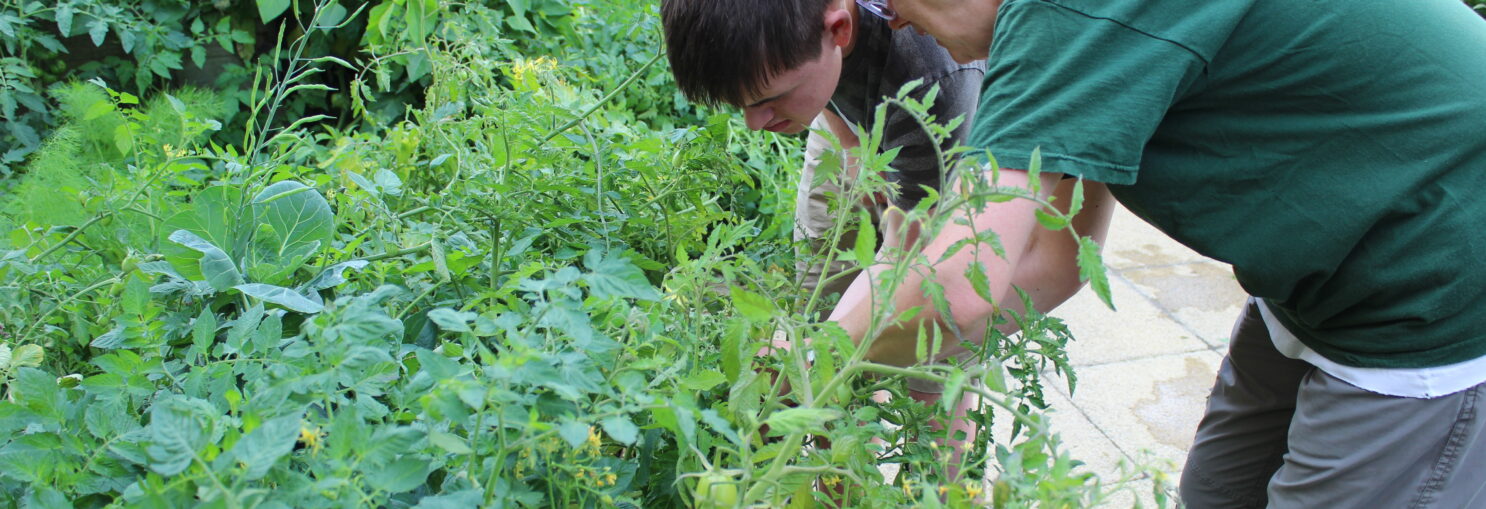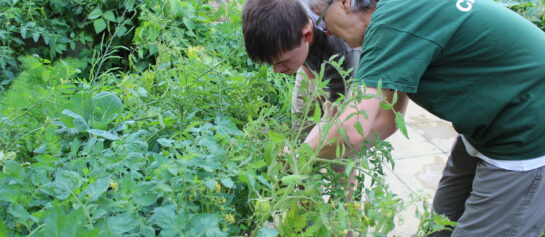Hey there!
So, as we all know, the weather is increasingly teasing us – unseasonably hot one minute, and seasonally wet the other.
Anecdotally, I can assure you that these bursts of sunshine have been revitalising and the cause of much excitement, and an increase in energy (*not this time, Netflix!). Despite that, we’re here to look at the growing body of research that can persuade sceptics, and, perhaps more importantly, decision-makers in places of power that we need to prioritise equal and equitable access to green space – for our health, wellbeing and the social return on investment it promises.
Today, we’ll look at some of the known, and positive, impacts of green space and the outdoors on our mental health.
Our experiences
For most of us, we simply feel much better when we’re outdoors. There’s much to unpack in this. A starting point is considering what it is we do or don’t do when we visit and spend time in green space. For many of us, green space is a practical and safe space to exercise – proven to release the endorphins that physically alter our moods for the better.
Exercise is perhaps the first thing we think of when we think: lockdown x green space. Equally important to note, however, is that green space (especially during lockdowns) is a space to safely socialise. This study, published in January 2021, finds that being outdoors is reliably associated with higher emotional well-being. The inverse, confirms what many of us experiencing “Zoom fatigue” know to be true: that greater loneliness and greater daily screen-time is associated with poorer well-being. Interestingly, the study additionally suggests the impact of loneliness on well-being was weaker when participants were outdoors than indoors.
For many of us, the benefits to our mood and mental health from green spaces comes home with us; we feel more relaxed and more positive after we’ve spent time outdoors.
Numerous links from this timely New Scientist article, suggest that this might be because time in green space improves our social relationships and interactions with others. This study, looking at the benefits of volunteering in nature (which you can do with us!), even suggests that time in green space can improve our outlooks on life, and even give us that raison d’être so many of us struggle to find.
So, what remains seems to be only: how much time in nature do we need? Well, it’s not yet quantified. What we can explore, however, is increasing tendency of social prescribers, including GPs on the UK’s Shetland Islands, prescribing people with mental health conditions with time outdoors, whether birding, walking or simply a pleasant setting for mindfulness and meditation.
Before I head off to spend some of my day outdoors, it’s worth noting that recognition of the varied benefits of green space are increasingly recognised by decision-makers, planners and businesses. You may want to review the Mayor of London’s Environment Strategy, for example, where it’s acknowledged that “public parks and green spaces provide services, such as the improvement of public health, valued at £5bn per year.”
What we can do is both get outdoors ourselves, for our sakes; and continue to spread the evidence, anecdotal and academic that we must cherish and protect existing green spaces and be up for creating new ones too!
Natty
Fundraising Officer, and a now very keen rambler





